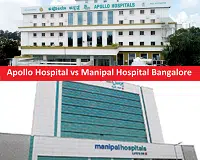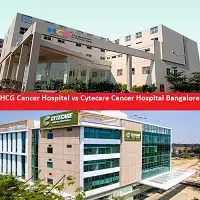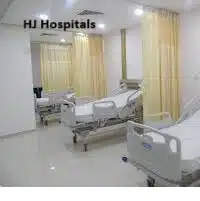
Medical Tourism in Kenya
Traveling to foreign countries for medical purposes has become a new trend nowadays. Most people travel for medical care because of affordable prices and higher quality of care.
Kenya is making its name in the region as a preferred destination for medical tourism. The country is becoming a giant medical tourism destination for East and Central African citizens.
The country offers quality medical care in different fields such as cardiology, spine surgery, dentistry, dermatology, obstetrics, gynecology, etc.
In recent years, Kenya’s largest medical facility, Kenyatta National Hospital, and private institutions such as Pathway International, Apollo Information Center, Nairobi, and Aga Khan Hospitals, have served high-profile patients from Uganda, Tanzania, Burundi, Rwanda, and the Democratic Republic of Congo.
With high-quality technology and facilities in the region, many patients in East Africa now prefer Kenya for medical purposes because it is nearer home for the same medical treatment they seek abroad.






